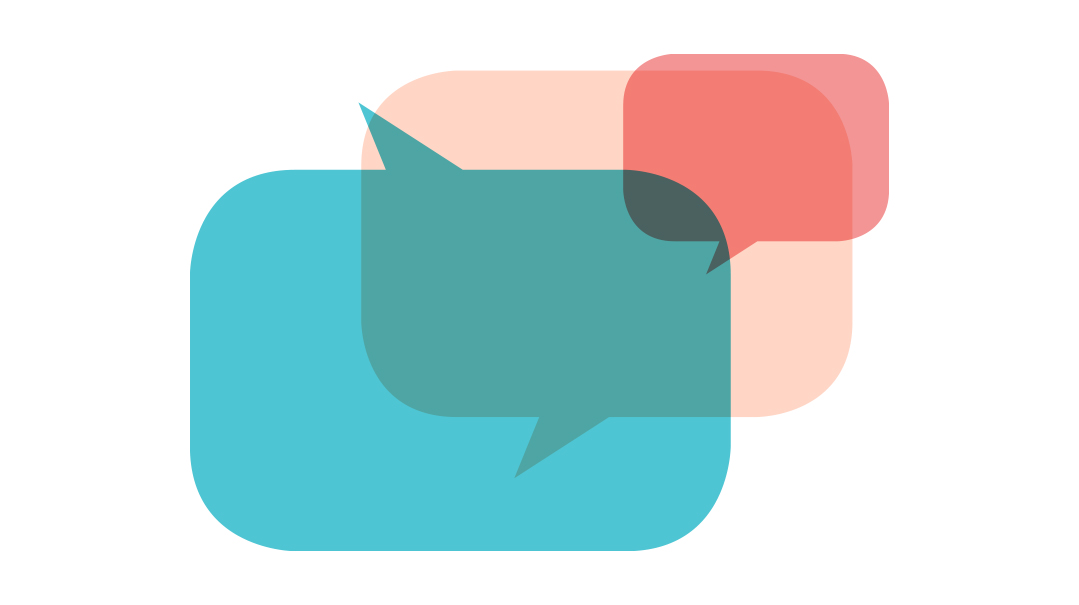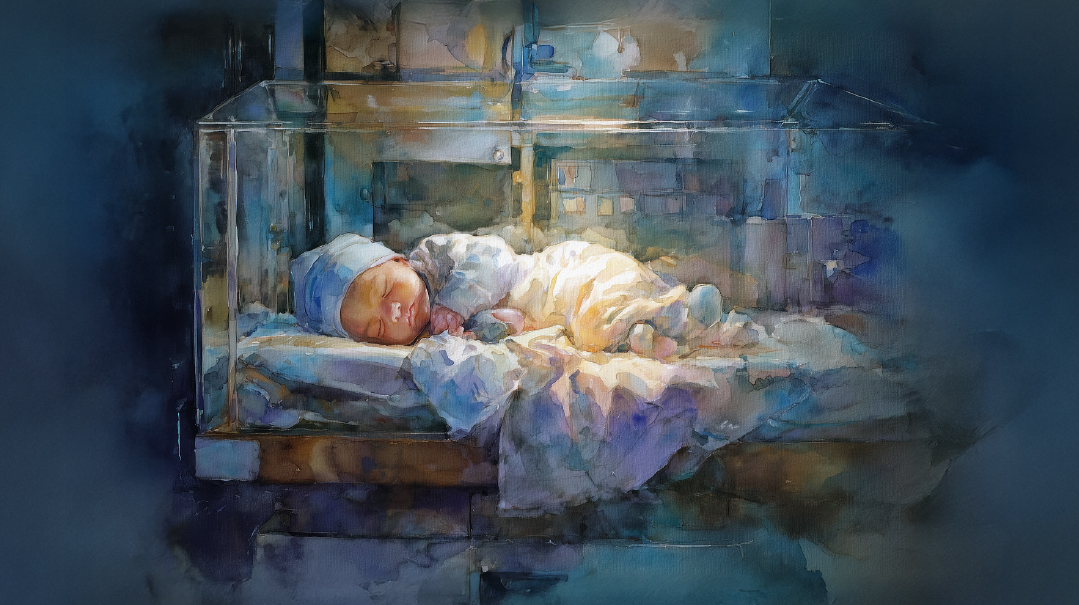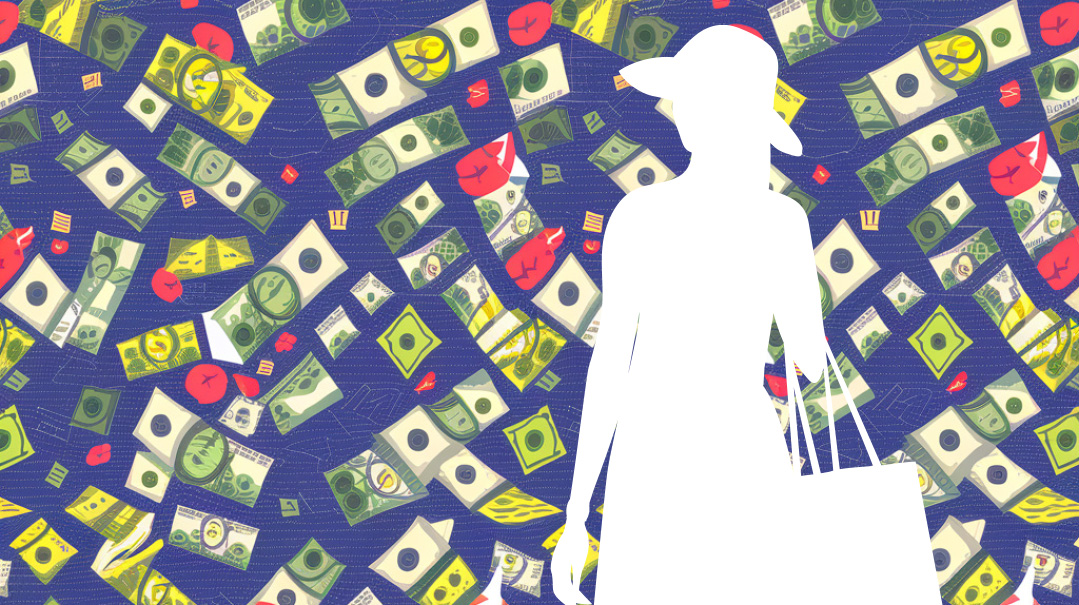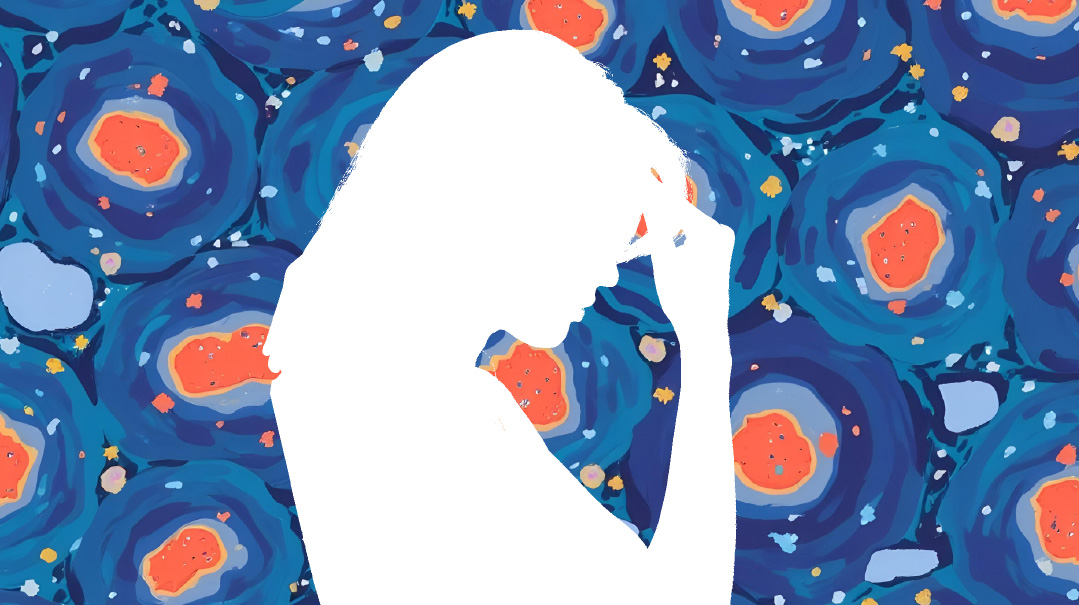Obsessive-Compulsive Disorder
| January 30, 2024My OCD is a monster in my mind that won't go away

IF you had trailed me throughout my teen years, the words you would have used to describe me would have ranged from “serious” to “creative” to “happy.”
“Suffering” wouldn’t have crossed your mind.
But suffer I did — from obsessive compulsive disorder (OCD).
I couldn’t even talk to anyone about it because I knew they’d think I was crazy. I was stuck in this invisible prison of shame. If OCD knew how to take breaks, maybe I’d have found some respite, but it’s not that benevolent.
The portrait below describes my inner landscape on an average day throughout those years.
A Day in My Life
The drama begins before I even wake up. Did you know you can feel anxious in your sleep? Well, I didn’t until it began happening.
The closer I drift to wakefulness, the more my body tenses up. There’s a sort of spine-tingling soundtrack playing in my brain, and I just know I don’t want to face the day.
As soon as my eyes open, I regret that I didn’t stay asleep. That thought — what if I grab the whiteboard marker out of my teacher’s hand and start making dots on her face? — has returned!
I’d felt crazy when I’d first thought it. I’d blushed and pushed the thought away with every fiber of my being. But it came back again and again and aroused a feeling of terror within me. Every time I tried to think about something else, some monster in my brain would say, “No, you have to think about that thought.” It was torturous. I just wanted to be able to space out and relax without being driven nuts!
I force myself out of bed with that thought buzzing around my brain like Titus’s fly. As I get ready for school, my mind gives me mussar for how I’d snapped at my mother the day before when I was overwhelmed — and for forgetting to thank her for making supper. I’d also embarrassed my younger sister when I told her to stop kicking me and that may have… Oh no! I think that was in public! I can’t lose my Olam Haba! Help! What should I do?
Still in my nightgown, I head downstairs and beg her for mechilah. She looks at me like I’m off my rocker and my brother smirks, but I get her to say the required words — I’m moichel — and phew, I’m safe.
Except that thought is here again.
Davening is stressful. My mind is a wreck, but I feel I must have kavanah, especially when I say “poseiach es yadecha.” I try again and again and again until I finally get it right. I have no clue how I finish on time.
At school, my friend Faigy blabbers away at my side. I couldn’t care less that they’re announcing the annual school shabbaton. “Hashem, I just want to have some peace of mind,” I whisper.
I attempt to pay attention in class, but my mind has too many concerns. Mrs. Leibowitz gives back our Chumash tests. Mine is decorated with a red 79. I used to get 90s, before this monster invaded my head and heart.
The bell rings for first recess. I socialize. I comment on all the right things and smile and laugh, but inside I’m fighting the same war I’ve been fighting since I woke up. They say chocolate is always the cure, so I buy two bars at the canteen. It doesn’t do a thing.
Later in the day, Mrs. Kaufman gives us a lesson on paying back what we borrow. She says that if we don’t, we’ll have to come back as a gilgul. I panic. I for sure borrowed two dollars from Chana Yitty in seventh grade. I’m not sure if I paid her back and can’t take the risk that I haven’t.
I don’t know what high school Chana Yitty goes to, but I know I have to track her down. Somehow. I write it down in my notebook, but really, there’s no way I’ll forget. The reminder is marching through my brain in an endless loop: “I’d better make sure I pay her back. I have to call her tonight. Otherwise, I might forget. Help! What if I forget? How can I make sure that I won’t forget? Should I write it down again? Set an alarm?”
At lunchtime, my mind explodes with this new terror. I’m going crazy. I’m going to snap and end up in one of those institutions. I’m so paralyzed with fear, I can’t get myself to head to the lunchroom.
Clusters of carefree, happy-go-lucky girls walk past the classroom. What wouldn’t I give to be like them, unburdened and able to skip through life?
I trudge to the bathroom and sob. My heart, which is in too many pieces to put together, breaks even more. Am I doomed to a life in a torture chamber?
When the last bell of the day rings, I sigh in relief. Every day, I fall into the trap of believing that my OCD will get better at home.
It doesn’t.
I shovel down meatballs and rice in an effort to calm the storms inside. I try to be nice, but I’m so worn inside that I end up snapping at my younger siblings. This gives my OCD free rein to call me every name it wants.
I go to bed and cry until I fall asleep.
Therapeutic Journey
The journey toward getting help wasn’t simple. As much as therapists are touted as modern-day superheroes, it’s not necessarily so. Like paper money that needs to be backed by gold to be worth anything, a degree and experience that isn’t backed by a competent individual is worthless. Unfortunately, I didn’t know this when I began therapy.
I now know that when a therapist isn’t being helpful, it’s their problem and not a reflection on you, the client. But back then I thought it meant I was hopeless. I also didn’t know that incompetent therapists are actually a fairly common issue. And it's even more difficult to deal with this when you're in a vulnerable place. It took a couple of tries.
Baruch Hashem, with the help of a referral agency, I found a therapist who is an expert in Exposure and Response Prevention Therapy, the gold standard modality for OCD treatment.
I’m doing well now. I can be happy. My thoughts and feelings don’t scare me as much. I do struggle most days, but I don’t feel like I’m drowning; it’s more like I’m swimming a marathon and winning it each day.
The fact is, though, that by the time I began to live, my teenage years were gone. It hurts me that I missed out on that fun, exciting period of life and that it’s never coming back. It hurts me that I had to go through this Gehinnom. Grieving is a process, and I hope I’ll come to a place of acceptance one day.
I wouldn’t have chosen this nisayon, and it’s painful to have it, but battling it is rewarding.
Reaching Out
As a teenager wrestling monsters in my head, I always wished there was a support group for teens with mental health challenges. Eventually, I decided it was up to me to start one, so two years ago, I cofounded Lebainu Support, an organization that does just that — because no one should have to go through this nisayon alone.
We send out encouraging emails, have an inspirational hotline, mail out care packages a few times a year, host monthly teleconferences, publish a bimonthly magazine featuring our members’ contributions, and are in the process of launching our mentor program, which pairs girls with women who have gone through similar challenges.
Every day that I have the zechus to give hope and encouragement to others, my wounds heal just a little more.
What I want people to know about OCD:
That it’s not possible to understand how painful it is if you didn’t experience it yourself.
What I wish people would understand:
“Our challenges say nothing about our weaknesses and everything about our strengths.” This quote encapsulates the reality of all of us who struggle with mental health challenges. When people look down on those with mental health challenges, it’s because they have a warped view, and it’s in no way a reflection of the truth.
This is how you can support someone with OCD:
Because OCD is often invisible, it’s hard to remember how much a person with it struggles minute after minute. Imagine the person had a different major challenge that was more visible, and think about how you would support them through that. For instance, what if she had cancer? Would you buy her a thoughtful gift? Make her a lunch? Be available for a cry? Do the same for a person with OCD.
Of course, make sure to look after her in a balanced way. Don’t “nebach” her or treat her like she’s different.
For more information about Lebainu, email familyfirst@mishpacha.com
(Originally featured in Family First, Issue 879)
Oops! We could not locate your form.





